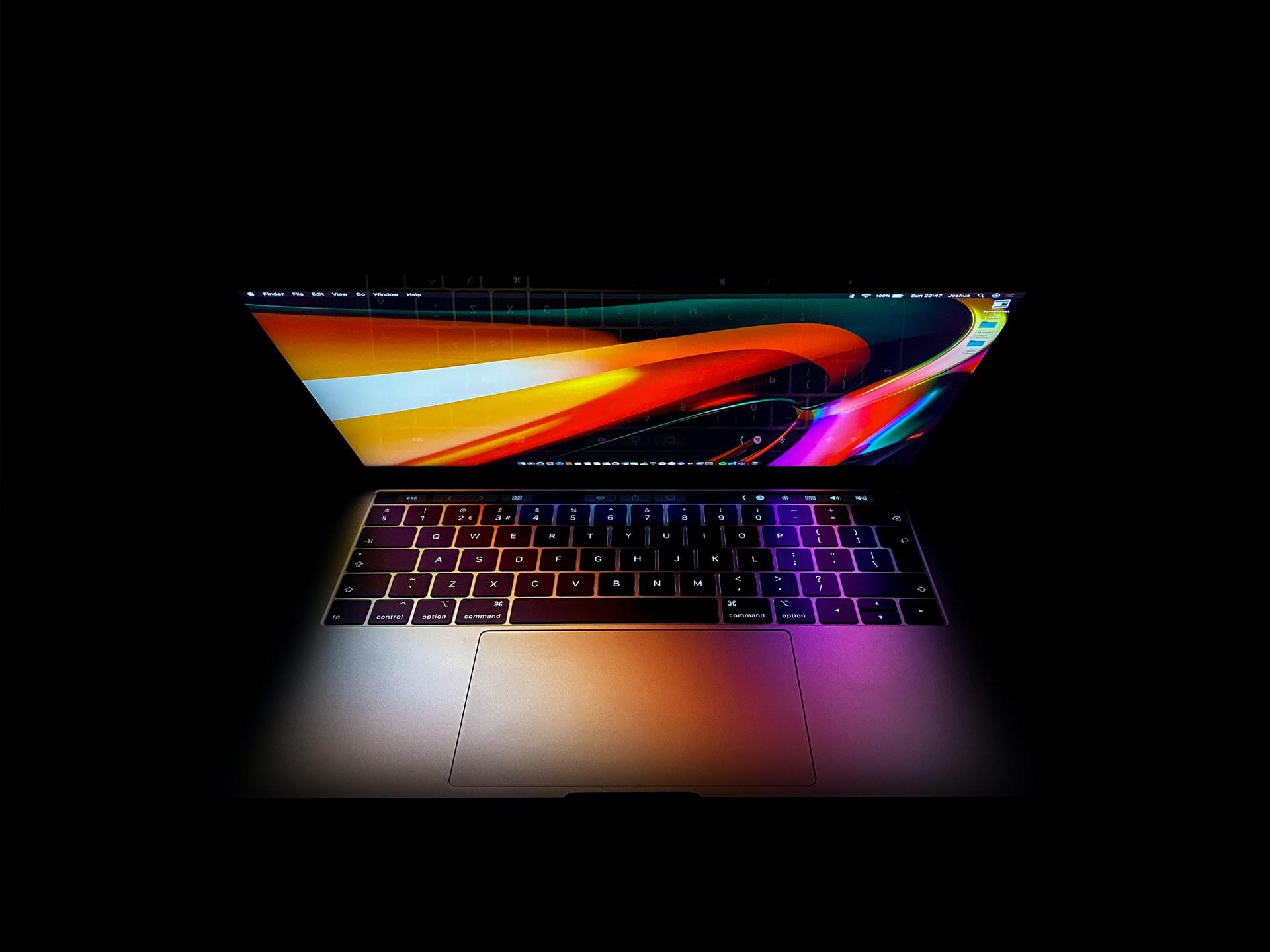Image from Unsplash.com
You’ve probably heard a story or two about a computer being hacked or attacked and all of the user’s personal or secure data being stolen. Maybe they lost a good amount of money or maybe their contact information got out, flooding their email and phone with unsolicited messages. Either way, cyber-attacks are all too common these days, and if you don’t want to fall victim to one, it’s up to you to keep your data safe and protected.
Whether you’re unsure where to begin with protecting your computer, or are just looking for a tip or two that you haven’t already employed, we’ve got a helpful list of the five best tips you can use to secure your PC in 2021.
5 Most Common Risks for PC Users
Computers are vulnerable to a range of different types of cyber-attacks. The first step in taking the proper precautions to ensure your safety is to understand what each one is and the consequences of falling victim to it.
- Ransomware
Ransomware is a type of software that can get into your system and block access to it until you pay a sum of money to the hackers.
- Malware
Malware is an umbrella term that’s used to describe any type of malicious software that gets into a computer system. Malware can be used to corrupt or steal data and personal information or destroy a computer.
- Phishing
Phishing happens when thieves send fake emails and other messages pretending to be from a reputable business and try to get you to share your personal and financial information.
- Malvertising
Malvertising is a term used to describe online advertisements that are infected with malware. When you click the advertisement, the malware gets into your system.
- Remote Access Tools
A remote access tool is another device that can access your computer system remotely. These tools are generally used for legitimate purposes but can be misused to steal personal data and files if they fall into the wrong hands.
5 Ways for Users to Protect Their Computers
Now that you know the most common types of cyber-attacks, here are five of the best tips you can follow to protect your PC.
- Optimize Built-In Security Features
Windows 10 has a couple of new security features that you should take advantage of. Dynamic Lock allows you to control access to your PC via a Bluetooth-paired phone. BitLocker offers data encryption to address threats of data theft.
- Create a Restore Point
If your system encounters a serious problem, you can save your computer by restoring the system to a specific state. You can set restore points so that you always have a recent point to return your operating system to.
- Install Security Software
Always use a trusted antivirus and make sure it’s updated. Windows 8 and above have a built-in security center that has antivirus and firewall protection. Always make sure that these are turned on and up-to-date.
- Browse the Internet Safely
There are a few ways to be sure that you’re browsing the internet safely:
- Don’t click unusual links or open suspicious attachments.
- Avoid downloading or streaming content that doesn’t come from a trusted source, including books, music, and movies.
- Beware of public Wi-Fi hotspots – always connect to your own hotspot using your own data.
- Use a VPN for your PC to browse the web privately and keep your data encrypted.
- Use Your USB Port Smartly
Don’t plug anything into your USB port unless you own it or it came from a very reliable source. Even if someone you know wants to plug something in, make sure that it’s someone you know takes precautions with their own computer safety.
Whether you work from home or just spend a lot of time on your computer, you can follow all the tips above to keep your PC secure this year. Happy browsing!

